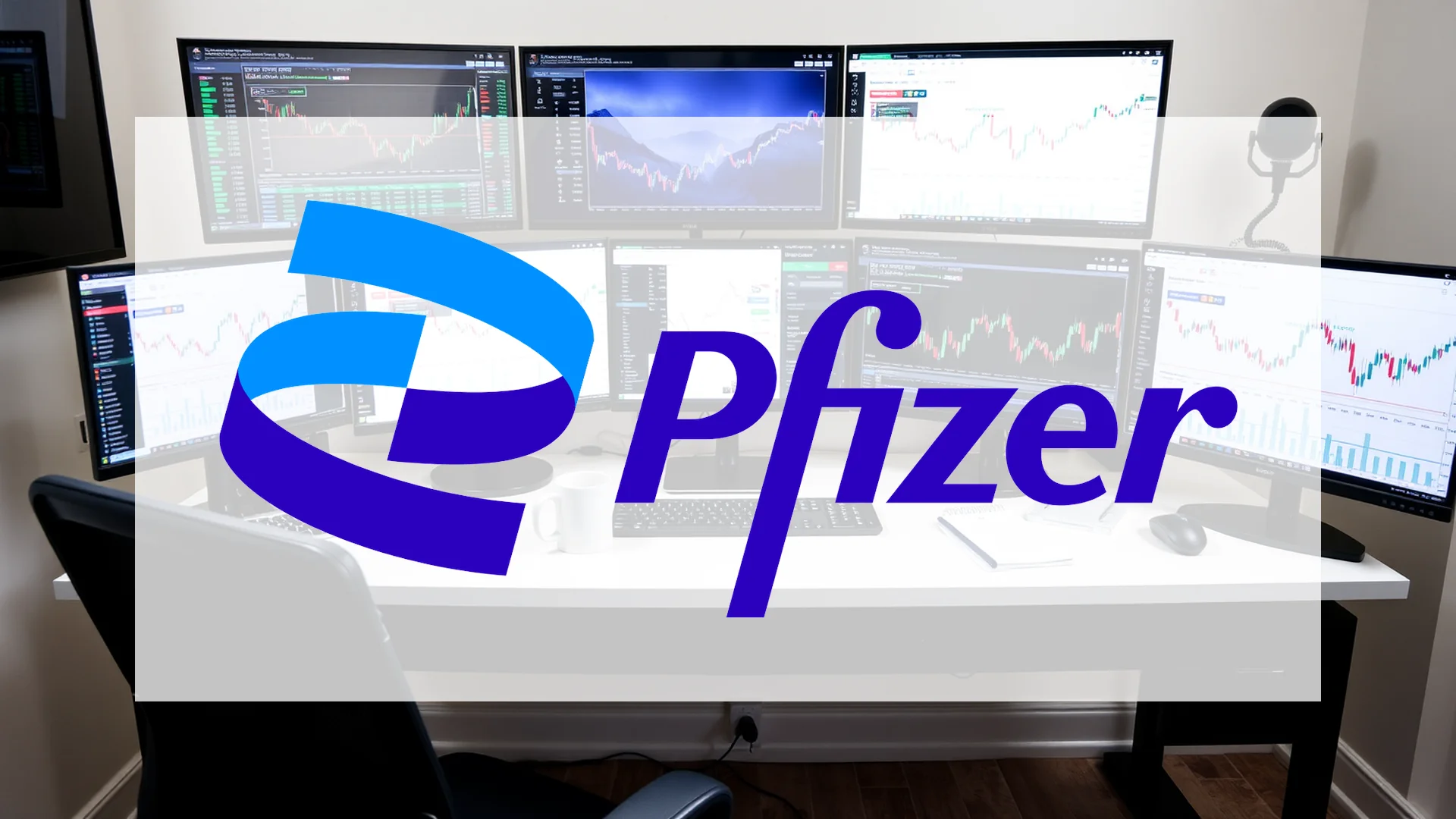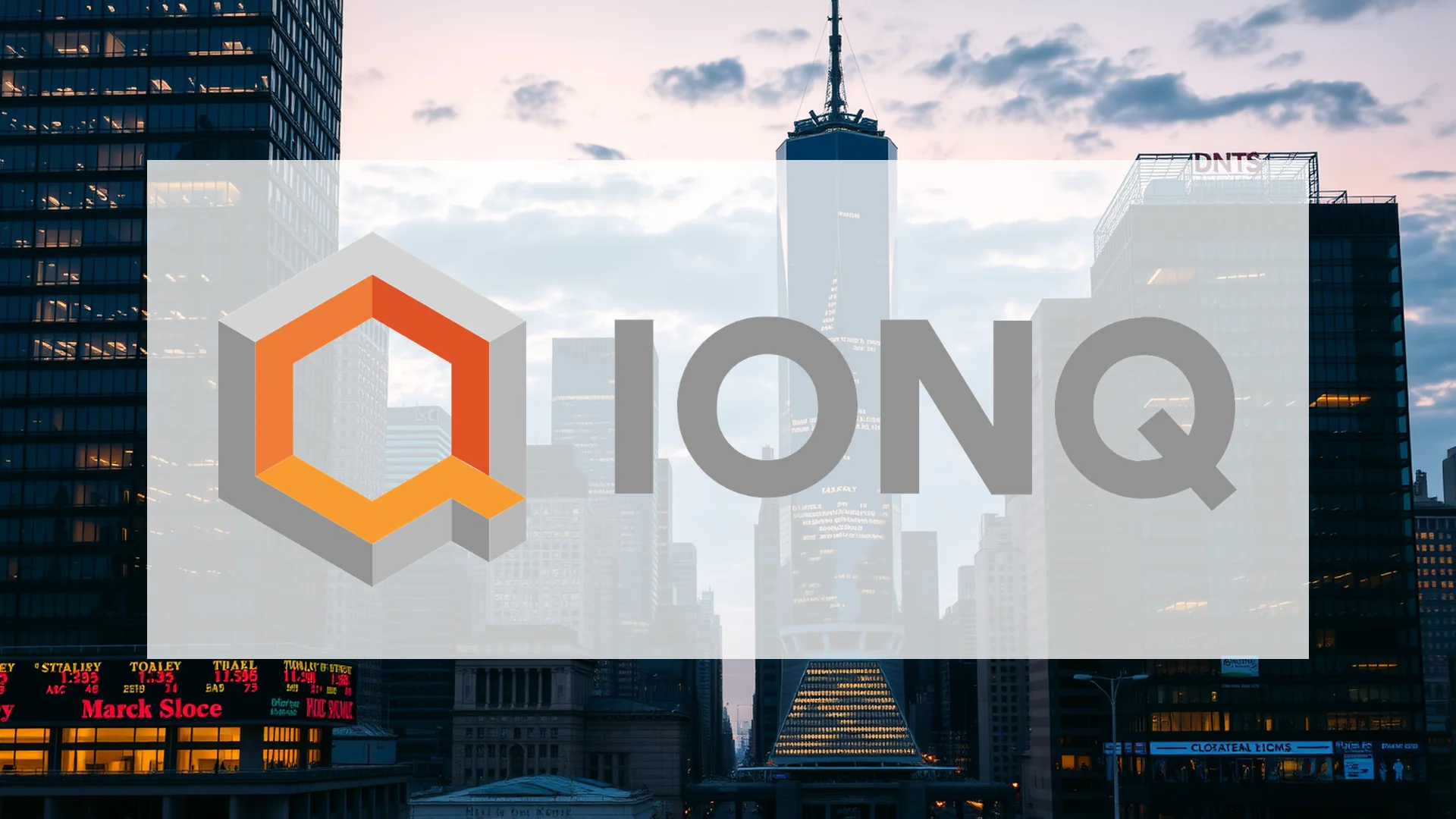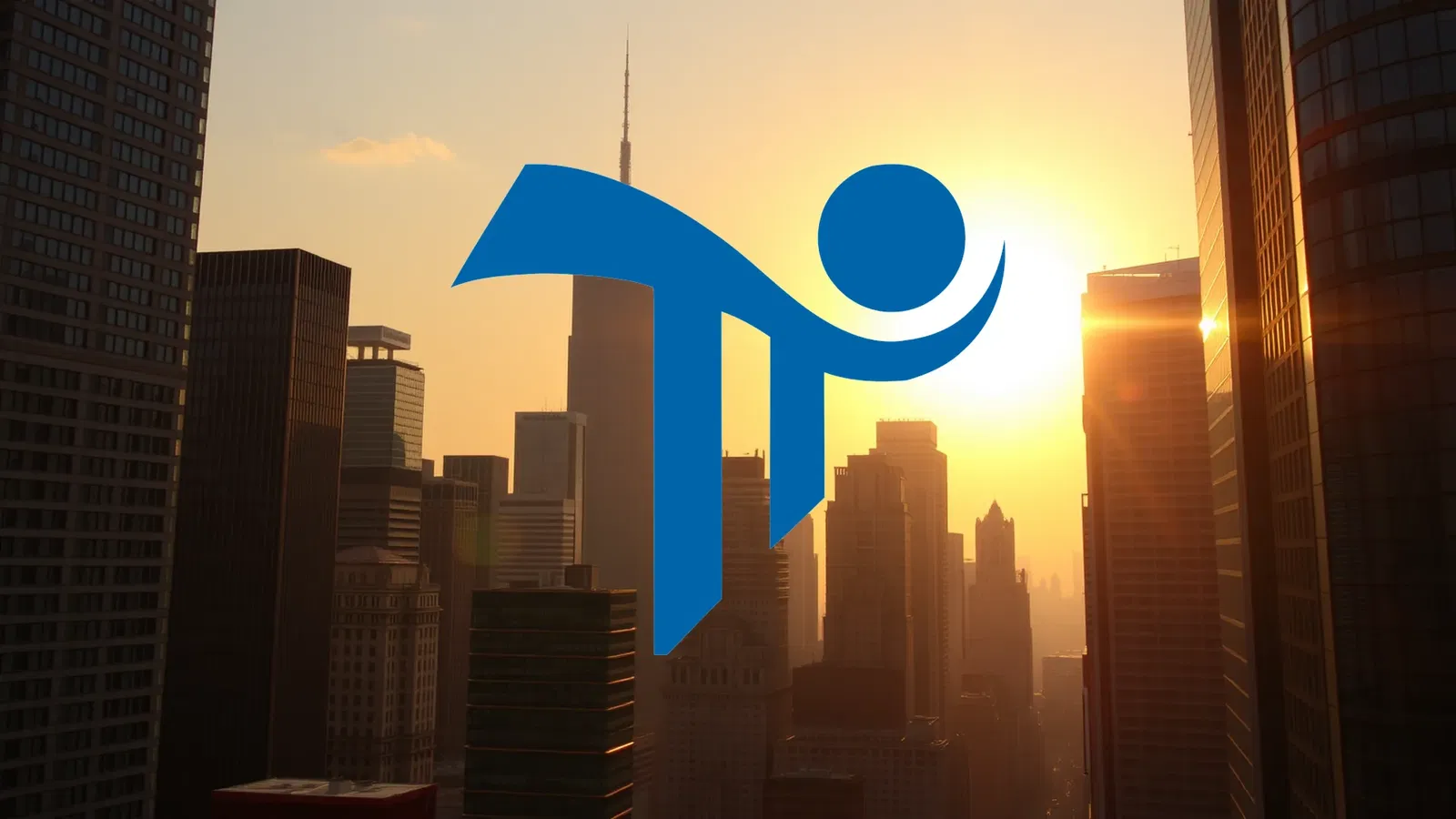Pfizer has secured a critical regulatory milestone, receiving FDA approval for its updated COVID-19 vaccine, COMIRNATY LP.8.1. However, the triumph is tempered by significant restrictions that will substantially limit its commercial potential. The authorization, granted on August 27, 2025, marks a stark departure from the broad vaccine rollouts seen during the pandemic era.
A Highly Targeted Patient Population
The approval comes with a narrow scope of use. The LP.8.1-adapted vaccine is authorized exclusively for two specific groups:
* Adults aged 65 years and older
* Individuals between the ages of 5 and 64 who have at least one underlying health condition that elevates their risk
Qualifying risk factors include asthma, diabetes, and various immunocompromised states. This restrictive approach is viewed as a reflection of the Trump administration’s more skeptical stance toward widespread vaccination programs. For Pfizer, this policy translates to a dramatically smaller addressable market compared to previous years.
Intensified Competition in a Constricted Market
Pfizer does not hold a monopoly on the updated vaccine. Competitors Moderna and Novavax have also received similar approvals for their own LP.8.1 formulations, setting the stage for a fierce battle for market share within a tightly defined customer base. In this environment, success will be determined by distribution efficiency and the strength of relationships with healthcare providers.
Should investors sell immediately? Or is it worth buying Pfizer?
A further complication involves the landscape of insurance reimbursements, as emergency use authorizations for the broader population have been lifted. Pfizer’s ability to skillfully navigate these new reimbursement hurdles will be a major factor in determining the vaccine’s financial performance.
Strong Fundamentals Provide a Backstop
Despite the vaccine’s commercial headwinds, Pfizer’s underlying business offers stability. The company posted a robust second quarter in 2025, reporting revenue of $14.7 billion, which represents 10% operational growth. Bolstered by this performance, management raised its full-year earnings per share (EPS) guidance. The new forecast is set at $2.90 to $3.10 per share, an increase from the previous range of $2.80 to $3.00.
This upward revision is supported by an extensive cost-cutting initiative, which is projected to yield $7.2 billion in savings by 2027. These operational improvements help fortify the company’s equity value, providing a buffer that extends well beyond its vaccine division.
Ad
Pfizer Stock: Buy or Sell?! New Pfizer Analysis from February 8 delivers the answer:
The latest Pfizer figures speak for themselves: Urgent action needed for Pfizer investors. Is it worth buying or should you sell? Find out what to do now in the current free analysis from February 8.
Pfizer: Buy or sell? Read more here...










